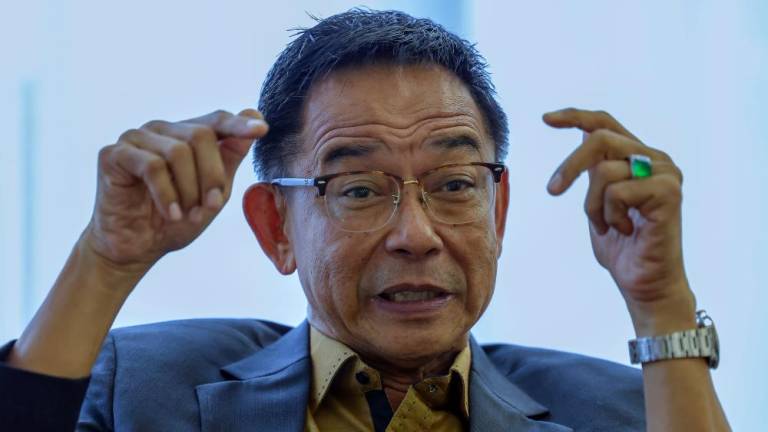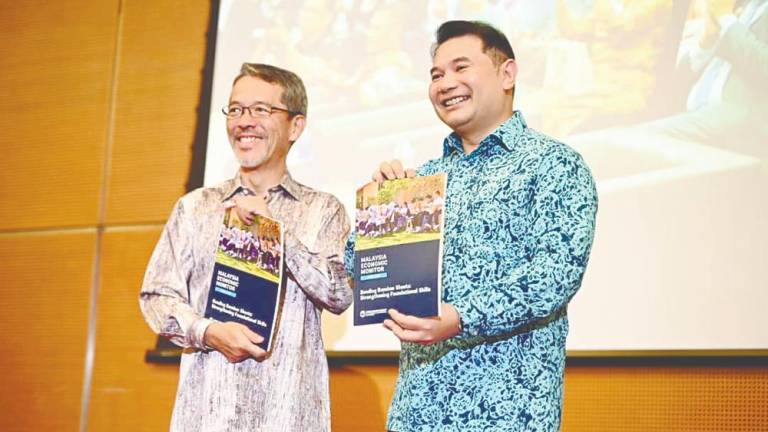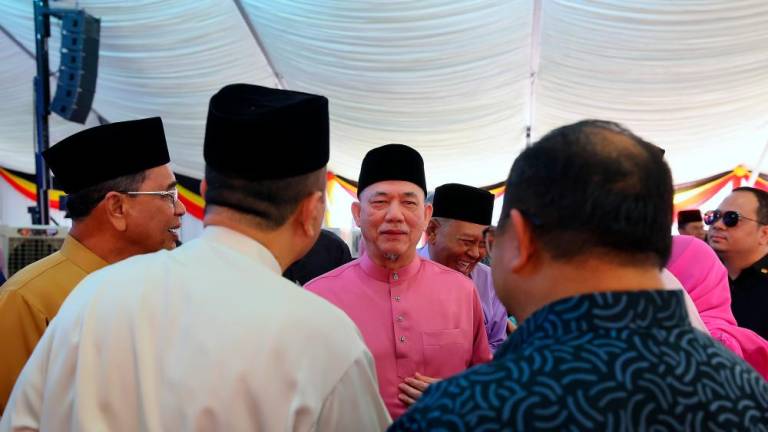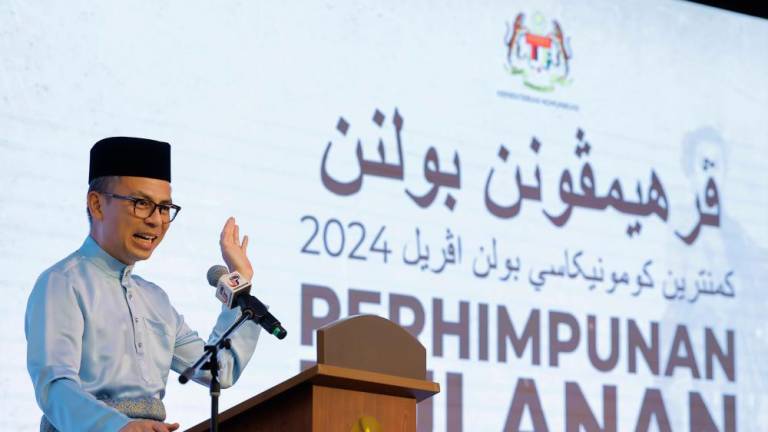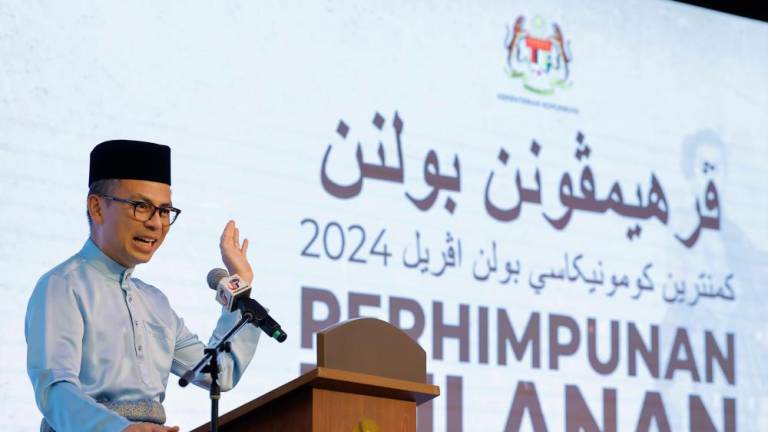MALAYSIA is blessed with rich biodiversity, due largely in part to the diverse ecosystems found in Sabah and Sarawak. It is home to plants and animals other nations can only dream of having.
But like many parts of our history and culture, it seems that we are happy to give up priceless treasures for the allure of what we identify as progress.
Sadly, these treasures often don’t have a voice of their own. One example is Borneo’s pygmy elephant, whose home is shrinking even as we speak. Today, the rainforests of Sabah are bending under the weight of logging for industrial development and palm oil plantations.
The population of pygmy elephants has been steadily declining due to lack of food and loss of habitat. Numbers are also affected by poaching as well as suspected poisoning of the mammals by plant fertiliser or compromised watering holes.
On Sept 25, photos of a pygmy elephant’s carcass riddled with bullet holes spread across social media platforms. According to the Sabah Wildlife Department, the adult male elephant was found in Tawau, tied to a riverbank and half-submerged in water.
In a report on Sept 30, a post-mortem reportedly uncovered more than 70 bullets in the elephant’s body and its tusks had been removed. This should not just make us sad; it should make us angry.
It is ironic that while people from all over the world travel to Borneo in search of this unique species, we as guardians fail to protect it. Our pygmy elephants are under significant threat as they forage through pockets of land; meanwhile, we poison watering holes and shoot them down.
I visited the Kinabatangan river earlier this year, and was told by the local community that they are seeing fewer pygmy elephants as numbers have dropped. The animals now also move constantly in search of food, so tracking them is harder than before.
It is frustrating because, as with many issues, Malaysians rise up in arms when news first breaks, but just as quickly, we lose interest. Life goes on, because we haven’t lost our homes or live in fear of being killed.
The reality is that when it comes to the protection of endangered species threats are usually manifold but the solutions few. The debate over palm oil production and its long-term effects on the environment is ongoing, but so far, no end is in sight.
Political will seems to be leaning towards industry. Primary Industries Minister Teresa Kok says that many companies follow sustainable practices and adhere to standards set by various initiatives.
Prime Minister Tun Dr Mahathir Mohamad also recently appealed against a proposal by European countries to ban the import of palm oil. Among other things, he said Malaysia currently maintains 55.3% forest cover, outperforming its pledge of 50% at the 1992 Rio Earth Summit.
In my opinion, it is not enough to trumpet companies’ adherence to policies or the government’s report card on sustainability; we need to be convinced by what happens on the ground that these are not just empty promises but sincere initiatives put into practice.
The pygmy elephant’s plight, if not addressed, may well be a foreshadowing of what lies ahead for the human race. We are fast on our way to a full-blown climate crisis, and I hope we realise it.
In the meantime, the last of Borneo’s pygmy elephants wander through plantations and forests in search of food and water. Only time will tell if we, as Earth’s most advanced and intelligent species, are able to put others before ourselves and take better care of our planet.
Comments: letters@thesundaily.com




